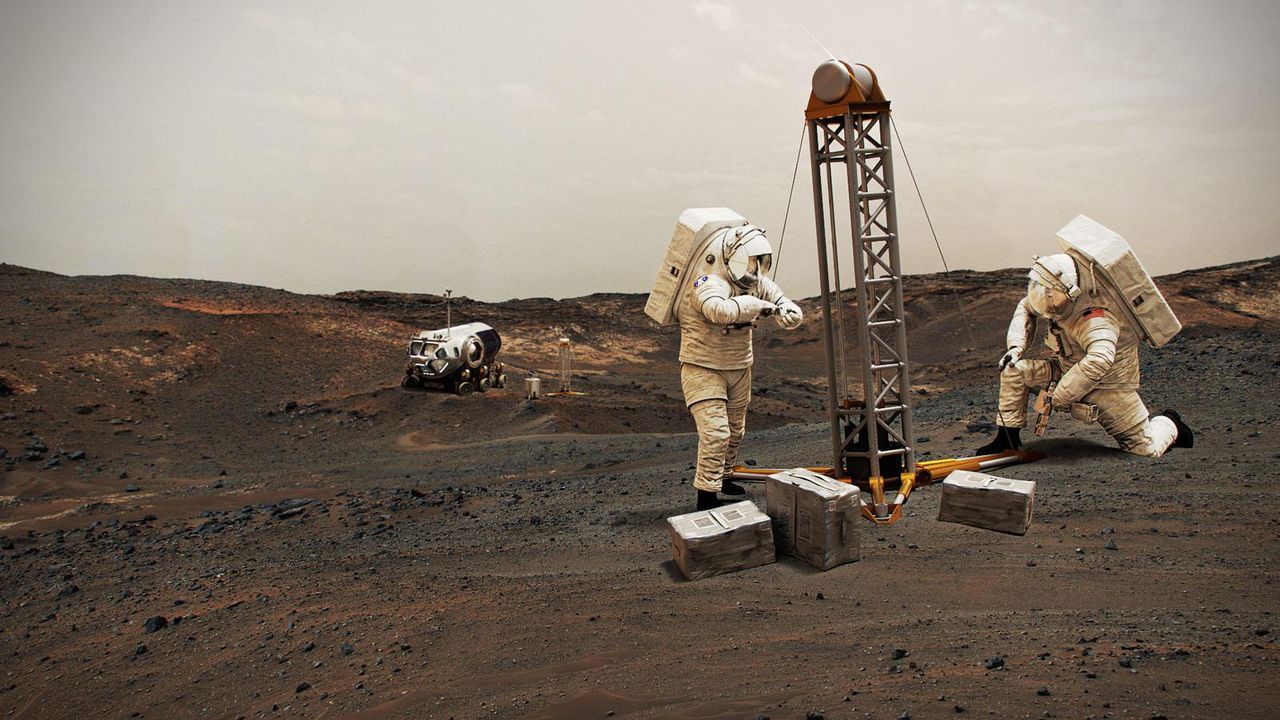Not all alphas: Mars crews should be a mix of personality types, study suggests
PositiveScience

A recent study suggests that a diverse mix of personality types in astronaut crews can enhance performance under pressure, which could significantly influence NASA's approach to selecting and training astronauts for future Mars missions. This insight is crucial as it highlights the importance of teamwork and adaptability in high-stress environments, ultimately aiming for successful exploration of the Red Planet.
— via World Pulse Now AI Editorial System